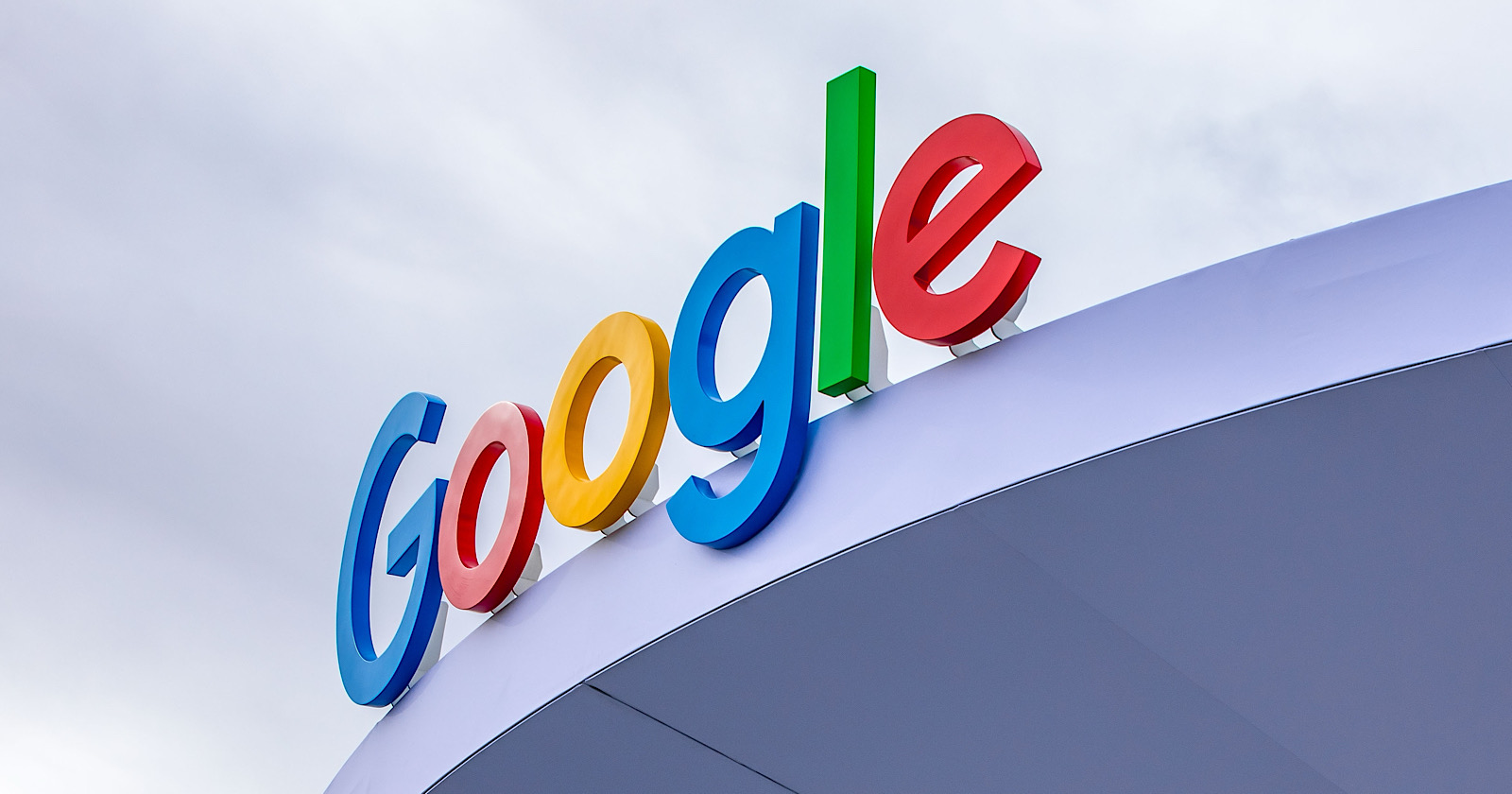Google has up to date its documentation to offer clearer steerage on its website repute abuse coverage.
The adjustments are supposed to you higher perceive what qualifies as a violation and learn how to keep compliant.
Whereas the updates don’t change how the coverage is utilized, they make the principles simpler to comply with by incorporating extra detailed explanations from a current weblog put up FAQ.
What Modified?
The up to date documentation now consists of content material straight pulled from Google’s November weblog put up about website repute abuse.
That weblog put up launched a Q&A bit to make clear the coverage. Google has now added this FAQ steerage to its official spam insurance policies documentation.
In a press release, Google defined:
“We up to date the location repute abuse coverage to incorporate steerage from our weblog put up’s FAQ on website repute abuse. These are editorial adjustments solely, no change in conduct.”
This implies the coverage hasn’t modified—it’s simply been rewritten to make it simpler to know.
What Is Website Popularity Abuse?
Website repute abuse occurs when third-party content material is revealed on a well-established web site to reap the benefits of that website’s rating indicators.
Primarily, it happens when somebody makes use of a good website as a shortcut to spice up rankings for unrelated or low-quality content material fairly than incomes these rankings independently.
For instance:
- A information website internet hosting coupon pages from a third-party service purely to profit from the location’s robust rankings in Google.
- An academic website publishing sponsored evaluations about payday loans.
- A film evaluate website internet hosting unrelated pages about essay writing providers or shopping for social media followers.
Nevertheless, not all third-party content material is taken into account abuse. Boards, user-generated content material, syndicated information articles, and editorial items are typically acceptable in the event that they’re not designed to govern search rankings.
Why Does This Matter?
These updates make it simpler to find out whether or not your content material violates the coverage.
For instance, Google’s FAQ now clarifies widespread eventualities, equivalent to:
- Third-party content material: Merely having third-party content material isn’t a violation until explicitly revealed to take advantage of a website’s rankings.
- Freelance and affiliate content material: Freelance content material or affiliate pages are acceptable in the event that they’re not used to govern rankings. Affiliate hyperlinks, when tagged appropriately (e.g., with “nofollow” or “sponsored” attributes), don’t violate the principles.
The FAQ additionally explains learn how to handle violations. You possibly can repair the problem by eradicating or relocating problematic content material, submitting reconsideration requests in Search Console, and following Google’s spam tips.
This can be a good reminder to evaluate your content material practices to make sure they align with Google’s insurance policies. For those who host third-party content material, be certain that it provides worth for customers and doesn’t simply serve to piggyback off your website’s repute.
Featured Picture: RYO Alexandre/Shutterstock

